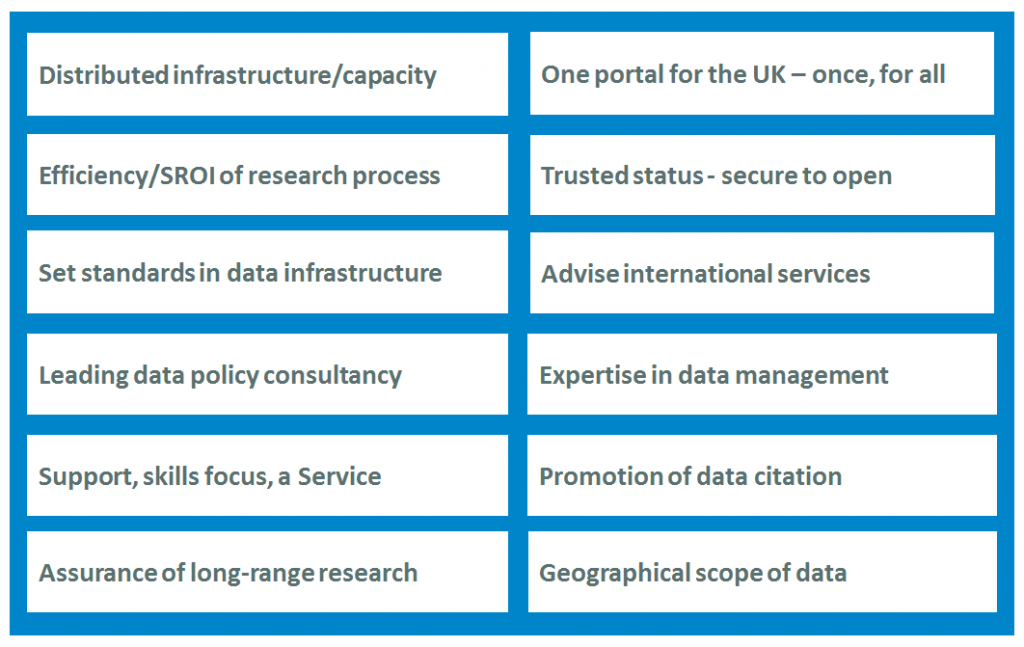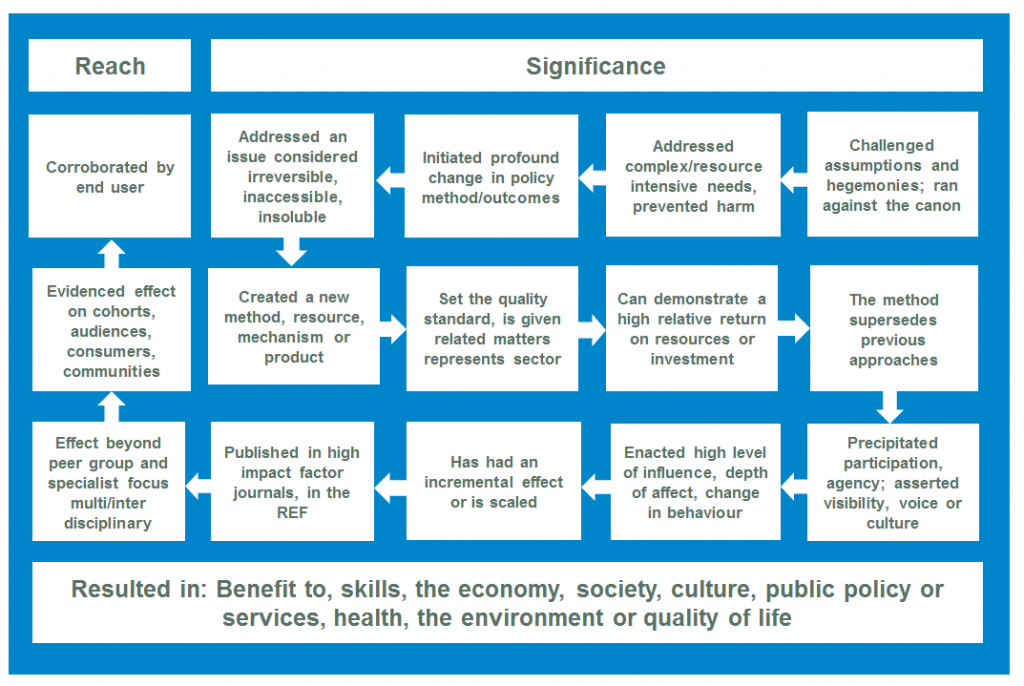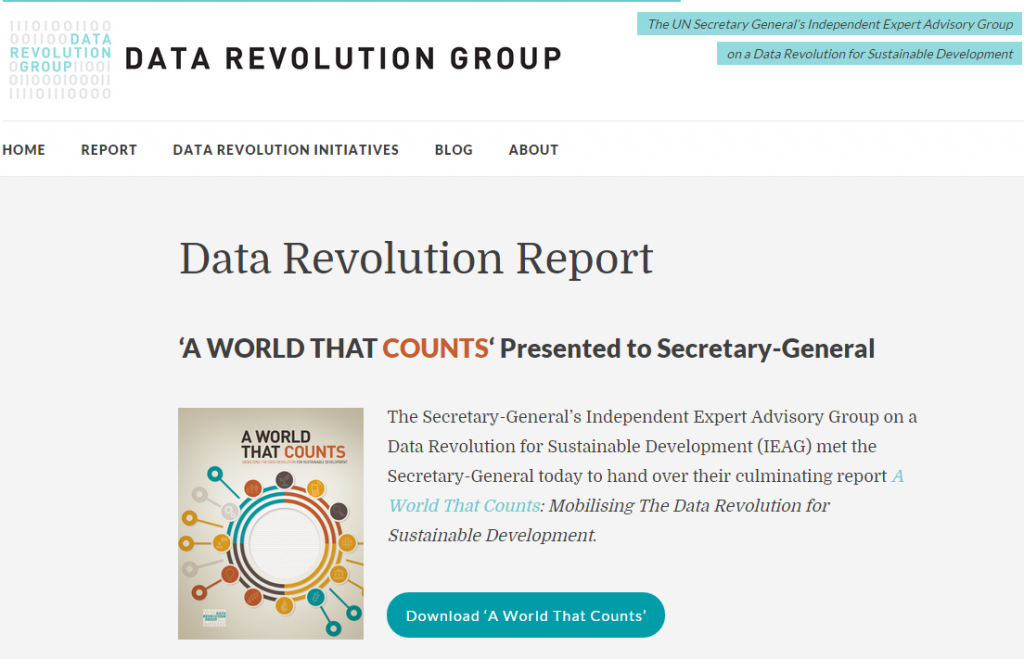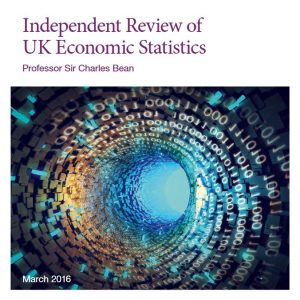Victoria Moody, Director of Impact and Communications at the UK Data Service discusses some of the new international initiatives focused on the opportunity to evaluate, reconsider, enhance or reconstruct not only the data on which major decisions about solving global challenges are based but also the concepts which underpin those data and, most encouragingly, focusing on innovative and more inclusive approaches to do so.
The UK Data Service provides access to the UK’s nationally and internationally significant social science data assets for research, teaching, skills development and policy-making. Data in the collection include many major UK government-sponsored surveys, cross-national surveys, longitudinal studies, UK census data, international aggregate data, business data, and qualitative data. The data are accessed and used by people across the world and are used in research and teaching in the higher education, policy, commercial and civil society sectors.
We have placed a growing emphasis on the impact of both the use of data in research and teaching and in the impact of the UK Data Service as a whole. Described as a mandate accompanied by funding, the UK higher education sector has been required to understand its impact and do more of it. Impact at the UK Data Service is defined as the promotion of the re-use of data resources in the development of teaching, research and policy, which optimises systems, skills and services; increasing the contribution data infrastructure makes to the economy, society culture, public policy or services, health, the environment or quality of life.
Because it’s public money and because it’s the right thing to do.
We are improving how the Service formalises the evidencing and corroboration of its impact, identifying opportunities to extend its reach and significance. Our focus is on undertanding the impact of the Service as a whole through our infrastructure, expertise and resources:

We have also begun to define our impact around the concept of data enhanced research and teaching: data driven impact and measure our impact through understanding the benefit the Service brings to the economy, society, culture, public policy or services, health, the environment or quality of life:

The focus is on understanding the specific beneficial effect, rather than simply that data were used in an output, that is – as it appears in policy, debate or the evidential process (although important), we focus on where (ideally) cited data can be tracked through the specific beneficial outcome and on to an evidenced effect, corroborated by the end user. We have the opportunity to consider impact as a long-range positioning strategy, increasing our reach and significance as a producer of public benefit – doing the right things, rather than simply doing things ‘right’…
Doing things right has been a function of getting data to people in infrastructure investments such as the constituent parts which now make up the UK Data Service for nearly 50 years. Discourses of quality, reproducibility, persistence and discoverability through good metadata have seen the establishment of standards which can potentially and in example, be traced through to their influence on the ‘datafication’ of the UK’s commercial and public services. We will hopefully see data as a mandated funded element of tracing the impact of research in future research assessment models.
But there are new potential horizons or discourses for data impact; new research frontiers, around the concepts of data quality, around liminality and absences, around structures, around data as socially produced. Turning to the digital humanities, Miriam Posner described: “The great value of teaching DH (digital humanities) to undergrads, I’ve come to believe, is not showing them how to use fun new technology, but showing them how provisional, relative, and profoundly ideological is the world being constructed all around us with data.” The radical potential of the Digital Humanities: The most challenging computing problem is the interrogation of power
A number of recent initiatives by UK and internationally based funding and policy bodies focus on the concepts, discourses and production of the data which guide the decisions about understanding and solving global challenges:
Research Councils UK recently announced the Global Challenges Research Fund (GCRF), a £1.5 billion fund announced by the UK Government to support cutting-edge research that addresses the challenges faced by developing countries through:
- challenge-led disciplinary and interdisciplinary research
- strengthening capacity for research and innovation within both the UK and developing countries
- providing an agile response to emergencies where there is an urgent research need.
These challenge areas have been developed in consultation with the UK Department for International Development, reflecting feedback from international partners, other global stakeholders and experience working within developing country contexts:
- Health To tackle diseases, strengthen health systems and reach the worlds’ most vulnerable.
- Clean Energy To provide access to clean energy, including new technologies and the behavioural insights required for successful introduction to developing countries.
- Sustainable Agriculture To improve nutrition and food security, support technological innovation, and increase resilience to climate change.
- Conflict and humanitarian action New insights and approaches for preventing conflict and violence, build stability and strengthen humanitarian action.
- Foundations for Inclusive Growth To understand what works best for developing countries to build the foundations for economic development – macroeconomics, institutions, innovation and private sector growth, cities and infrastructure, education systems, jobs and skills.
- Other potential topics identified include: mass migration and refugee crises and resilient systems.
The recently closed Foundation Awards element of the GCRF included a focus on population studies, sample/data collection and data integration.
RCUK has launched a Call for Evidence to gather views on the high-level challenges that will form the basis of the funding calls from the GCRF collective fund, the information gathered will also be shared with the other delivery partners so that it may inform their own strategies. RCUK would also like views on the most effective ways of delivering GCRF. The survey closes at 16.00 on 22 August: https://www.smartsurvey.co.uk/s/6LOJI/
As part of the GCRF a recent RCUK Secondary Data Analysis Initiative (SDAI) highlight call had the objectives of:
- utilising existing data resources to produce high-quality, impactful research on developing countries
- improving the capacity and methods for secondary data research in and on developing countries
- co-producing substantive and innovative data research in readiness for future GCRF calls
- provide insight into existing data resources which can be used to conduct research on developing countries
In her blog post Dogs that don’t bark in the night and other ways to measure international development Celia Russell, the UK Data Service’s International Data Specialist focused on the development of the Sustainable Development Goals and an increased focus on community defined measures of development and the data that support them: “2015 sees the start of the Sustainable Development Goals (SDGs), a new blueprint for the international development agenda underpinned by measurable indicators. Low and middle-income countries are now actively driving the agenda, shaping what development means to them and how it will be pursued. Factors such as economic growth and job creation and improved access to finance and technology are supported. Poverty reduction strategies will be established collaboratively and universally applicable. Quantified targets and measurable indicators remain at the heart of this political process and the SDGs present an opportunity to increase national and international-level investment in data collection. The UN recently launched the landmark report A World that Counts: Mobilising the Data Revolution for Sustainable Development which describes data as the lifeblood of decision-making:”
- “Without data, we cannot know how many people are born and at what age they die; how many men, women and children still live in poverty; how many children need educating; how many doctors to train or schools to build; how public money is being spent and to what effect; whether greenhouse gas emissions are increasing or the fish stocks in the ocean are dangerously low.”

The Bill & Melinda Gates Foundation have recently announced an $80 million commitment to close gender data gaps and accelerate progress for women and girls. The initiative will promote gender equality and support the implementation of the United Nations Sustainable Development Goals: “Data holds power: It demonstrates the size and nature of social or economic problems, and brings clarity around who is falling through the cracks. Through reliable data, women and girls’ lives can become visible and counted, helping to inform programming and hold leaders to account. However, a lack of comprehensive, current information about women and girls, especially in developing countries, hinders efforts to advance gender equality. If the United Nations Sustainable Development Goals are to be reached by 2030, the world must advance its knowledge about women and girls’ lives and livelihoods, their welfare and well-being, and their contributions to their communities, countries and economies.”
In the UK an independent review of UK economic statistics, led by Professor Sir Charles Bean of the London School of Economics suggests that if the digital economy was fully captured by official statistics it could add between one-third and two-thirds of a percent to the growth rate of the UK economy. To tackle this challenge a key recommendation is for ONS to set up a research centre and work with academics and businesses to find ways to better measure this economic activity.
Each of the initiatives described focuses on the opportunity to evaluate, reconsider, enhance or reconstruct not only the data on which major decisions about solving global challenges are based, but also the concepts which underpin those data and, most encouragingly, focusing on innovative and more inclusive approaches to do so. As we move towards questioning the social construction of data and its associated discourses of decisions about collection, curation and quality, we have the opportunity to consider how data are collected and described and decisions about what data matters – and who and what, is represented by those decisions (and who makes them and how) as part of a new focus on data impact.


